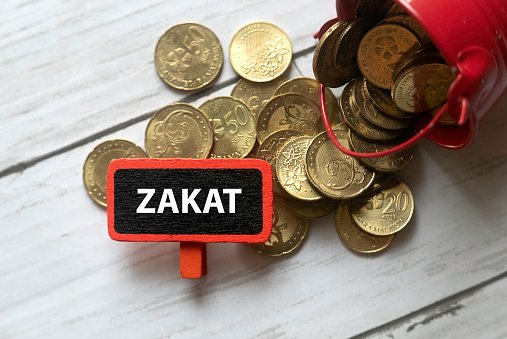Praise be to Allah. The scholars are unanimously agreed that the person who pays the obligatory charity (Zakah) has done a great act of worship. Which brings him closer to Allah and wipes out his sins no matter how many they are. For every dirham paid in Zakah. Seven hundred times more will be recorded for him in return on the Day of Resurrection.
The Prophet (peace and blessings of Allah be upon him) said: “On the Day of Resurrection if any one of you says ‘Laa ilaaha ill-Allah it will be recorded for him as though he had freed ten slaves”. And he said: “If anyone spends a little something in charity, the reward will be multiplied.” The Prophet (peace and blessings of Allah be upon him) said: “If you have some money to spend, give it in charity aesthetic pfp anime.
If you don’t have it, then say a good word, for one good word is equal to ten dirhams or even more”. And he said: “The best charity is that which leaves you self-sufficient”.
Please visit: UK Islamic Charity
The scholars are unanimously agreed that the reward for zakat is immense. Because several texts speak of its virtues and benefits. For example, Allah commands people to pay zakat as He says (interpretation of the meaning):
“Take Sadaqah (alms) from their wealth to purify them and sanctify them with it, and invoke Allah for them. Verily! Your invocations are a source of security for them.” [At-Taubah 9:103]
The hadeeth about the immense reward for the one who pays zakat is well known. In which it says that if a man spends an amount equal to date from his property in charity, on him there is such and such reward on every date. If he spends two dates, its tip is such and such on each date, so on until all the property has been paid snowflake test.
In Saheeh al-Bukhara, there is a chapter entitled “Chapter: There is no Charity after this Charity” (no. 2497) in which it quotes the Prophet (peace and blessings of Allah be upon him). As said: “There is no charity after this charity.”
The scholars said that the zakat we ought to pay on our money and crops is like a man who has debts; when he pays off one debt, his property will be increased. Thus, for every dirham or dinar or male or female servant you give in charity. You will find it recorded for you seven hundred times more than before. Still, if you give away some chocolates, there are recorded for you only its price multiplied by ten.
It was narrated from Abu Sa’eed al-Khudri that some people came to the Messenger Allah (peace and blessings of Allah be upon him) and said: “O Messenger of Allah, should we still pay zakat on our property if it is only some dates? What about those who do not have anything besides that?” He said, “If you give away a date or two (in charity), it will be an expiation for you.”
It was narrated from Ibn ‘Abbas (may Allah be pleased with him) that the Prophet (peace and blessings of Allah be upon him) said: “Whoever pays two kinds of charity, he has made his matter easy. These are Zakah which applies to wealth, and Sadaqah, which applies to the body to click here the snowflake test.”
Ibn ‘Abbas said, concerning these two charities: “Whoever pays zakat on his wealth will have the reward of all those who make Sadaqah from their wealth. And whoever pays Sadaqah from his body will have the reward of all those who give in charity from their wealth”. Ibn al-Munthir said: “Zakat applies to the property that a man owns, whatever it may be, and whatever way he gave it away.” [1]
It was narrated from Abu Sa’eed al-Khudri (may Allah be pleased with him) that a man came to the Prophet (peace and blessings of Allah be upon him) and said: “O Messenger of Allah, direct me to an act which draws me closer to Allah and takes me away from the Fire”. He said, “You have asked me about a major matter, yet it is easy. Worship Allah and associate nothing with Him, establish prayer, pay zakat on your wealth…and be sincere towards the people with your speech as you are sincere towards Allah.” [2]
In Saheeh al-Bukhara, there is a chapter entitled “Chapter: The virtue of sadaqah” (no. 2496) in which it quotes Anas ibn Malik (may Allah be pleased with him) as saying. A man came to the Prophet (peace and blessings of Allah be upon him) and told him that he had been afflicted by drought for three years.


